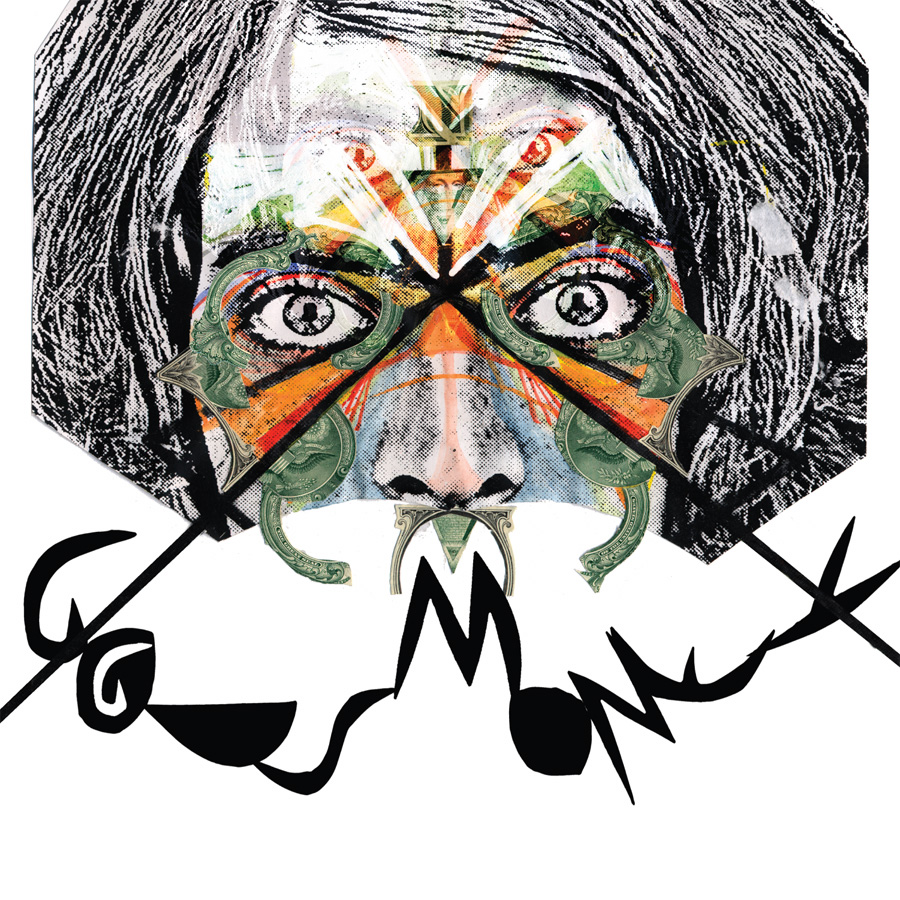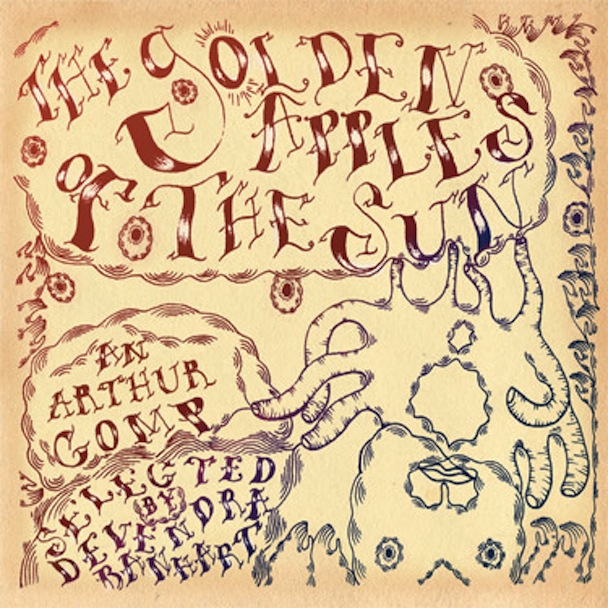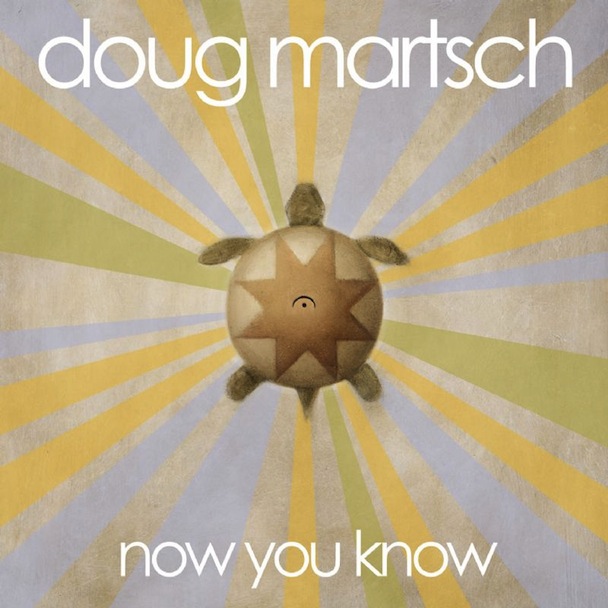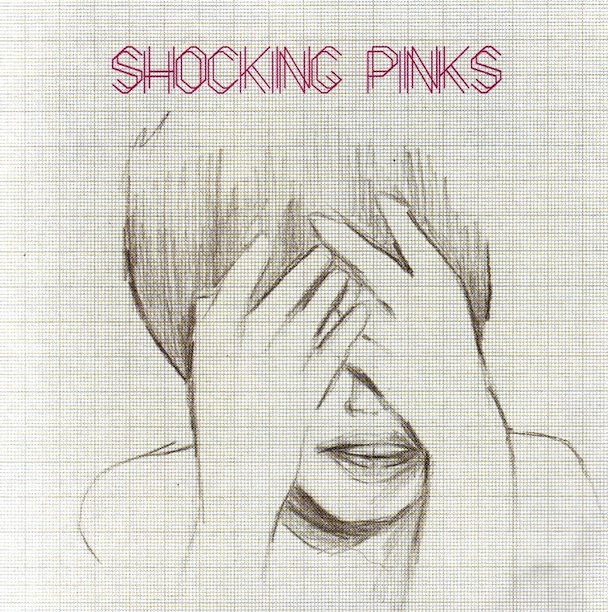Gang Gang Dance's 2005 record God's Money used to feel difficult. To put it in context, at the time, seeing Gang Gang Dance live was alternately the best and most frustrating experience. They'd move from long drones to these moments of percussion-based psychedelic, eyes-roll-back-in-your-head bliss. The difficult parts made everything else that came after so much better. It also helped me understand records that came before that I'd been grappling with, like Out Hud's S.T.R.E.E.T. D.A.D., which I wrote about last week.
By the time they released their follow-up, 2008's Saint Dymphna, they'd largely excised the difficult stuff, with Lizzi Bougatsos's voice leading the band through a series of damaged percussion-based epics. Essentially, Saint Dymphna and what came after, are focused versions of God's Money. The sound of Gang Gang Dance giving us what we thought we wanted. They're great records with moments of absolute perfection, but I've always loved God's Money for what it doesn't offer just as much as what it does.
What it doesn't offer is a coherent set of songs, at least in the traditional sense. Its clearest moments --"Glory In Itself/Egyptian," "Before My Voice Fails" -- are interspersed with drones and clattering percussion that give way to absolute clarity, almost like clouds parting to reveal pure blue above.
It's hard to write about God's Money with devolving into the comfort of nostalgia, which is dangerous. Somehow, in the last couple years, nostalgia's become shorthand for safety -- a willful ignoring of real life in favor of hazy, gold-tinted memories of comfort for our past. Being nostalgic in the most basic sense doesn't have much impact on our actual lives. Being nostalgic in the context of music can, apparently, be dangerous. So as I'm writing about God's Money, all I can think about is how excited I was about New York and how everything seemed so far beyond my reach, and how with one record the band put everything on the same plane. Made everything (I don't use that word lightly, I do mean everything) seem accessible. Understandable.
There's a moment on the nearly nine minute "Egowar" where, after minutes of stuttering tropical percussion and bright twinkling, everything coheres into a new age mash of of dubby guitar and warm wooden flutes. It sounds like everything.
Gang Gang Dance are a reflection of their interests, not a conversation about them. It's about bringing the music they enjoyed--Timbaland's warped production, ESG's damaged funk, shoegaze, tribal drumming, grinding power electronics--into the exact same world, where it all belonged.
Music is defined by the genre its part of. It's pretty important to have at least some word that differentiates rock from rap from jazz from electronic music and so on. Somewhere down the line though, we got obsessed with genre tags. Genres birthed subgenres, which then birthed smaller movements. You can't just listen to a rock album. You can't just listen to a reggae album. The confines of genre are so restricting that its hard not to look at God's Money as a jubilant, utopian reaction to that. Gang Gang Dance brought everything to the same plane, and it worked not because they forced it, but because they really understood how it all connected.






